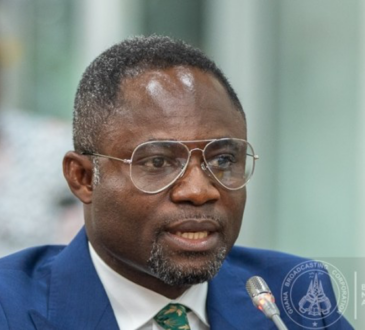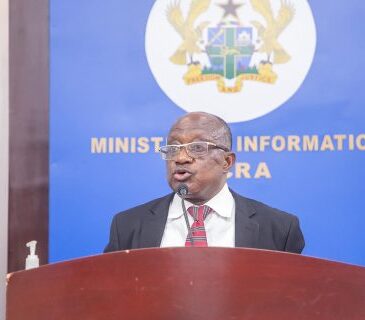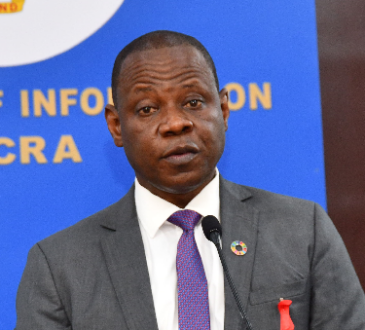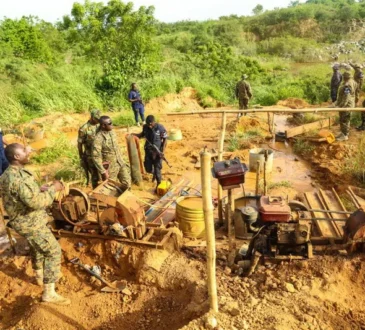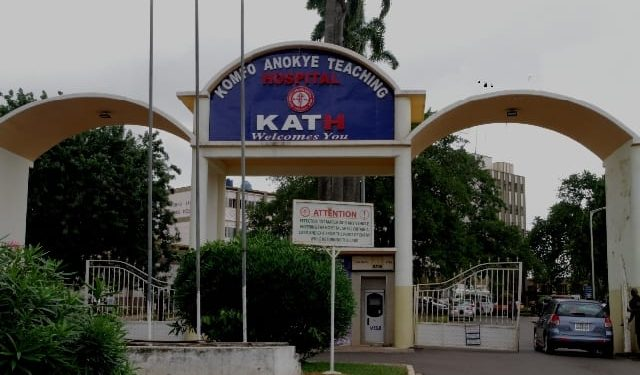
The National Health Insurance Authority (NHIA) has disbursed GH₵1 million to hospitals participating in the free dialysis initiative under the national health insurance scheme.
This payment includes advance funding for September and clears arrears from July and August 2024. The six beneficiary hospitals are the Komfo Anokye Teaching Hospital (KATH), Cape Coast Teaching Hospital (CCTH), Effia Nkwanta Regional Hospital (ENRH), Ho Teaching Hospital (HTH), Tamale Teaching Hospital (TTH), and Korle Bu Teaching Hospital (KBTH).
Among these facilities, Komfo Anokye Teaching Hospital received the highest allocation of GH₵186,670. With this disbursement, patients who paid out-of-pocket during July and August are expected to be fully reimbursed according to the approved rates.
Since the program’s launch in June, access to dialysis services has significantly improved across various regions. The NHIA’s initiative guarantees that patients under 18 and over 60 receive up to eight free dialysis sessions per month. Those aged 19 to 59 years are entitled to two free sessions monthly, except at Korle Bu Teaching Hospital, where the NHIA covers 50% of the cost for two sessions.
NHIA Chief Executive Officer Aboagye Dacosta reaffirmed the Authority’s dedication to the free dialysis program, stating, “This comprehensive funding reflects the NHIA’s commitment to supporting patients in need of dialysis, ensuring that essential medical services remain accessible without financial burden.”
The total funds allocated to the free dialysis program since its inception in June amount to GH¢1,588,565.00.
At Komfo Anokye Teaching Hospital, the demand for dialysis services has surged, with the Dialysis Centre now recording over 300 sessions per month, up from 80 sessions before the NHIA intervention. Hospital management is requesting 25 additional dialysis machines to meet the growing demand.
Prof. Otchere Addai-Mensah, CEO of KATH, highlighted the need for more machines, noting that the current equipment is in constant use, leaving little time for maintenance. The hospital has increased its dialysis capacity from less than two machines at the beginning of 2023 to seven by May 2024, thanks to internal efforts and donations. Despite this progress, the hospital urgently requires more equipment to adequately serve patients, prompting calls for support from the government and the public.




